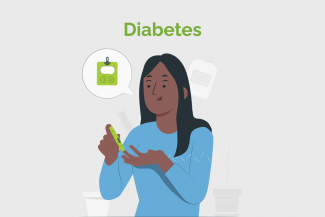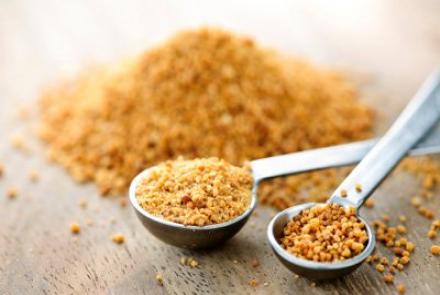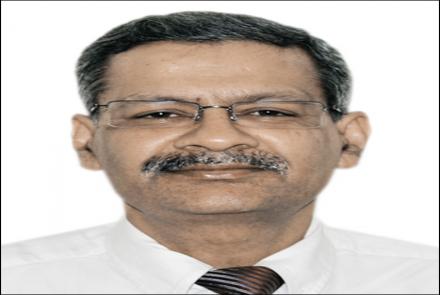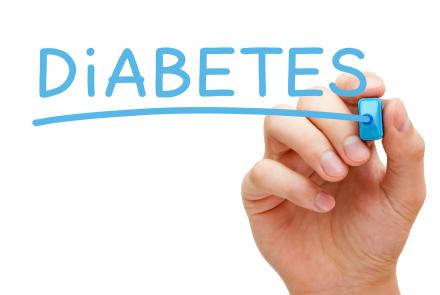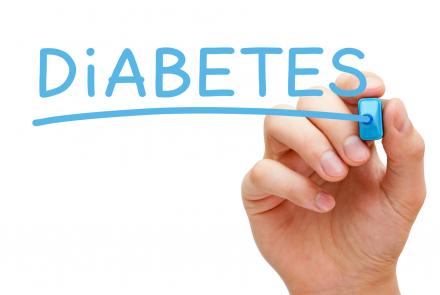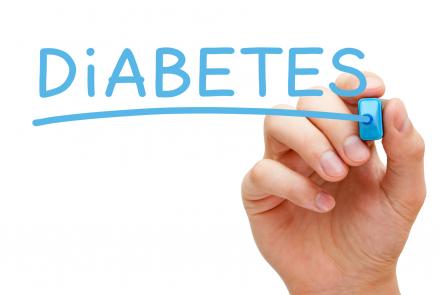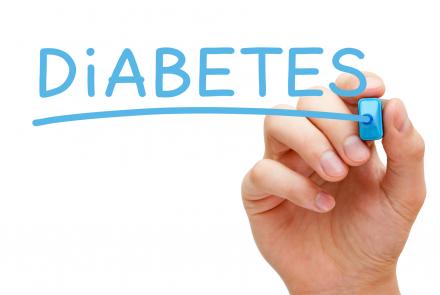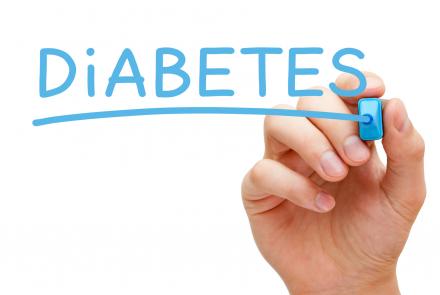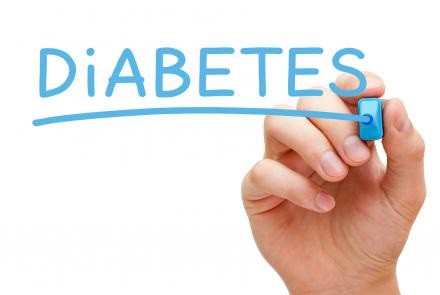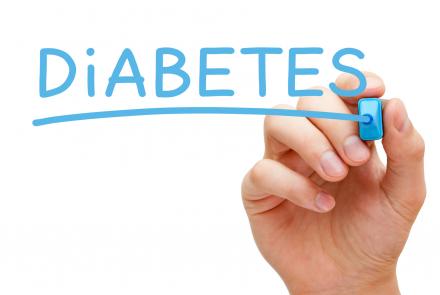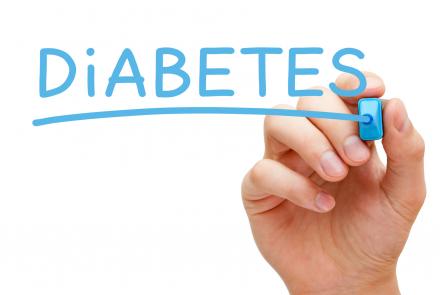
You need a healthy meal plan and an exercise regimen. Being active is very important as it helps the body use insulin more efficiently to convert glucose into energy for the cells.
Food and Nutrition
Making the right food choices is very important in managing diabetes. We make it easy for you to eat well and healthily with simple dos and dont’s, tips for creating a healthy plate and examples of low-glycaemic index foods.
Physical Fitness
Exercise plays a key role in managing diabetes and helps to bring down your blood sugar level. Depending on your blood sugar level, plan a sustainable exercise regimen with the help of your doctor or fitness expert. Do be aware that exercise will have an impact on your blood sugar level, lowering it for hours after you exercise. Check your blood sugar before and after you exercise, so you know how your body is reacting to the activity. If necessary have a snack before you start or after you finish to keep your blood sugar stable. Exercise has many other benefits, such as lowering cholesterol, better blood circulation, weight loss, stress relief etc.
Take charge: Your action plan
• Lose 5 to 10 per cent of your body weight if you are overweight. For eg. if you weigh 70kg, that means a weight loss of 3.5 to 7kg
• Eat healthily (See our healthy meal plans and delicious recipes)
• Exercise for about 30 minutes a day
• Check your blood pressure. Aim for a maintaining a blood pressure of <130/80mmHg
• Check your cholesterol level regularly. Aim for: Triglycerides <150mg/dl. High density lipoprotein >=40mg/dl
• If you smoke, stop
• Self-monitor your blood glucose level with a home blood glucose meter. Aim for: Fasting blood glucose <100mg/dl, two-hour post meal BG <140mg/dl, HbA1c within normal range
• Consult your diabetologist or endocrinologist once every six months. An endocrinologist specialises in the study of glands and hormones while a diabetologist specialises in diabetes, which is an illness of the pancreas gland.
Know your support team: Who can help you stay healthy?
Diabetes is a complicated disease and you may need more than your diabetologist or endocrinologist to manage it and stay healthy. Because diabetes can affect different parts of the body, you may also need an:
• Ophthalmologist (eye doctor)
• Heart specialist
• Foot doctor
• Diabetes nurse educator (he/she teaches patients how to self-monitor their diabetes, help in emergencies and also advise on doctors to consult to manage complications) who can advise on doctors to consult and the nurse educator directs the people
• Dietitian
• Fitness professional
• Psychologist or other mental health professional

